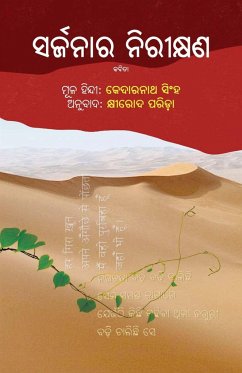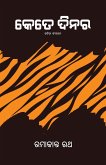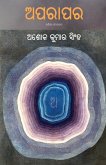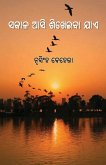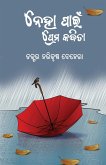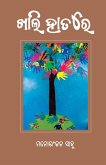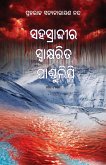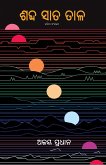Kedarnath Singh was a poet of the earth and sky, towns and villages. He saw the ironies of life, ups and downs, love and sorrow, and the fast-changing scene of Indian democracy challenged by new political movements. When the Naxalbari leftist movement (an armed peasant movement that started in West Bengal) rattled the country, he understood the aspirations of underprivileged people, and his writing slowly started to lean toward the left. But Kedarnath Singh always remained a poet of optimism. In his poem "Srishti Par Pahra", he writes, "Wearing the wobbly wooden sandals of roots / it was standing before me / guarding the border, . . . a tall, huge, desiccated tree / with only a few leaves left / waving on the top. How magnificent it was to view / on the very top of a dwindling tree / the swaying of the leaves. / In a severe drought / they were there / defending the universe." Similarly, in his poem "Grass," he writes: "She is a gypsy / driven from all the cities in the world / now looking for its lost name and place / in the dust of your town. / . . . She is an obstinacy to rise / from anywhere, / anytime. "Srishti par pahra" was his latest publication before he breathed his last. It is comprised of many unparalleled poems and translated in to Odia under the title "Sarjanara Nireekshana ".

